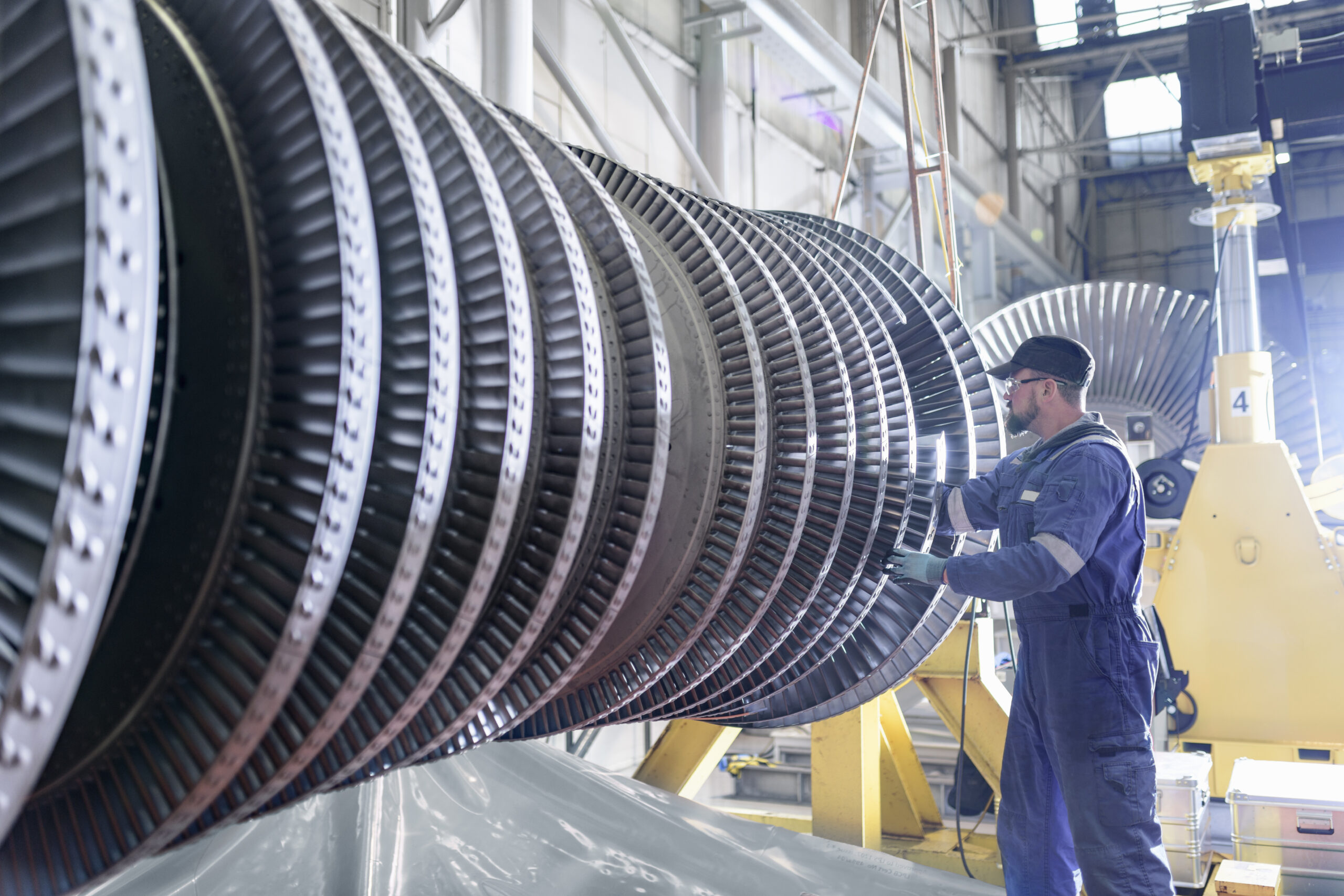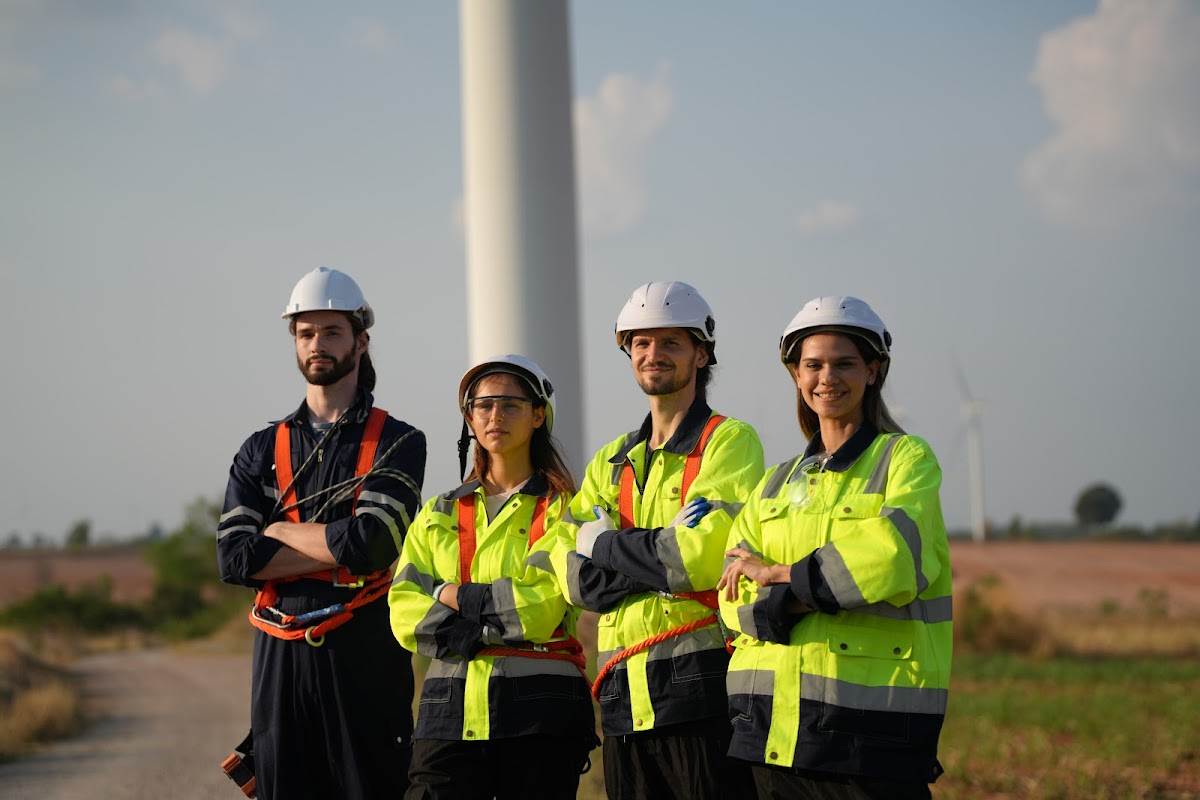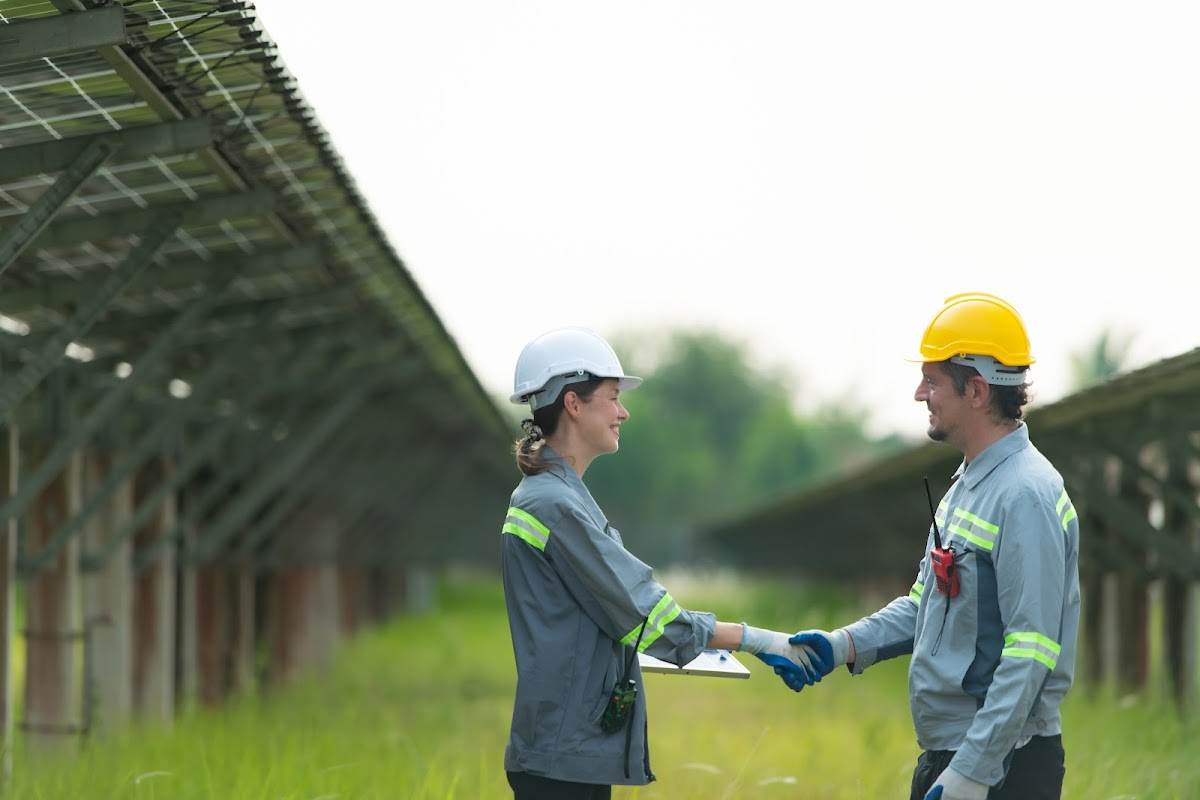Power plant turbines are the heart of energy production, driving the efficiency of gas, steam, and nuclear power plants. The need for robust cybersecurity measures grows as these turbines become more digitized and connected. From gas turbines and steam turbines to modern steam turbine generators, the stakes are high; a cyberattack could disrupt power generation and damage critical components like turbine blades and rotors. With increasing threats targeting everything from thermal to solar power plants, safeguarding these systems is crucial.
This article explores the significance of turbines in power plants, the vulnerabilities introduced by digitization, and the strategies for enhancing their protection. How secure is your turbine against these challenges? Let’s examine the steps to protect your power plant’s essential machinery.
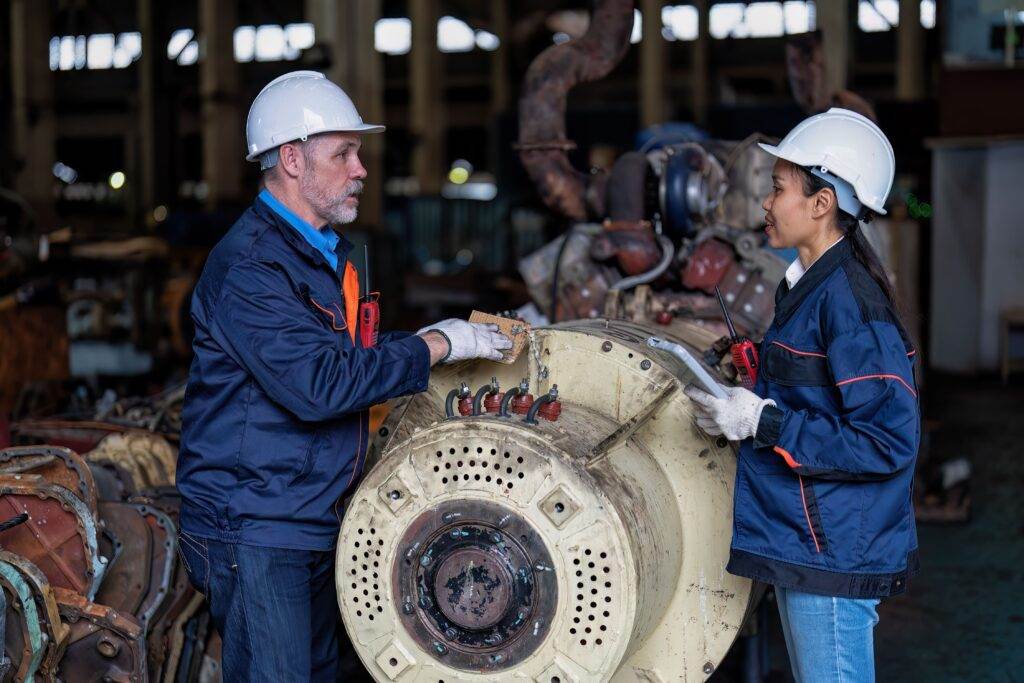
The Importance of Turbine Security
Turbines are the lifeblood of power generation, driving everything from gas and steam power plants to nuclear power facilities. They convert thermal energy into mechanical and electrical energy, ensuring efficient and reliable power output. Here’s why securing these turbines is crucial:
Turbines, including steam and gas turbines, are central to electricity generation. They control the steam and combustion gas flow to produce electric current efficiently. Turbine components like rotors and turbine blades operate under high pressure and temperature to maintain plant efficiency.
The Consequences of a Cyberattack
A successful cyberattack can cripple turbine performance, disrupting the steam path and compromising power plant operations. It can lead to catastrophic failures in thermal, nuclear, and combined-cycle power plants. The financial impact includes costly repairs, downtime, and loss of electrical power, which will affect large-scale power and renewable energy sectors.
Ensuring the security of turbine generators is vital for maintaining reliable and modern steam turbine generators. Implementing advanced cybersecurity measures protects against threats that target turbines’ digital and mechanical drives. Protecting the power plant turbines is essential for the overall energy conversion process, ensuring continuous and economical operation of power plants.
Types of Cyber Threats Facing Turbines
Let us look at the main types of cyberattacks that could impact your power generation systems:
A. Malware Attacks
Malware, including viruses, worms, and ransomware, can infiltrate turbine control systems. Examples include Stuxnet, which targeted industrial systems, and ransomware attacks that lock critical data until a ransom is paid.
Potential Impacts:
- Disruption of steam turbine efficiency and performance.
- Altered control of the steam path, affecting turbine blades and rotors.
- Compromised power output and overall plant efficiency.
B. Phishing and Social Engineering
Attackers use deceptive emails, messages, or calls to trick employees into revealing sensitive information or granting access. Common tactics include posing as trusted figures or creating urgent scenarios.
Risks Posed:
- Unauthorized access to turbine works and control systems.
- Potential for data breaches affecting nuclear power plant operations and gas turbine generators.
- Increased vulnerability of thermal power plants to further cyberattacks.
C. Denial of Service (DoS) Attacks
DoS overwhelm turbine control systems with excessive traffic, causing slowdowns or shutdowns. DoS also targets the monitoring and control operations critical to power generation.
Effects:
- Interruptions in the flow of steam and combustion gas.
- Compromised control of steam turbine generators and boiler operations.
- Potential damage to high-pressure turbine components and loss of electrical power.
D. Advanced Persistent Threats (APTs)
APTs involve prolonged, targeted attacks where intruders maintain undetected access to systems. These threats are sophisticated and often state-sponsored.
Potential Impacts:
- Long-term sabotage of turbine performance, reducing efficiency.
- Extraction of sensitive data related to turbine components and operational strategies.
- Increased risk to combined-cycle power and solar thermal power plants.
E. Insider Threats
Threats originating from employees or contractors with access to turbine systems. It can be intentional (sabotage, theft) or unintentional (errors, negligence).
Potential Harm:
- Manipulation of control systems affecting turbine generator performance.
- Introduction of vulnerabilities in nuclear and coal power operations.
- Significant risk to plant efficiency and reliable steam turbines.
Understanding these threats is the first step in safeguarding your turbines and ensuring continuous, efficient, and reliable electric power production.
Enhancing Power Plant Turbine Cybersecurity
Power plant turbine cybersecurity can be enhanced in many ways, as we will see below:
1. Implementing Strong Access Controls
Multi-factor Authentication (MFA) and Role-Based Access Controls (RBAC) add an extra layer of security by requiring multiple verification methods. RBAC ensures that only authorized personnel have access to critical turbine systems. Limit access to turbine works, steam turbine generators, and control systems to reduce vulnerability.
2. Regularly Updating and Patching Systems
Regular software and firmware updates fix vulnerabilities in turbine components and improve the performance of gas turbines, steam turbines, and nuclear power plant systems. Implement a schedule for regular updates to maintain the efficiency of the turbine generator and steam turbine performance.
3. Conducting Comprehensive Security Audits
Regular security audits identify potential weaknesses in turbine control systems. Audits help maintain the reliability of steam turbines and gas turbine works. Address vulnerabilities promptly to ensure the smooth operation of thermal power plants and other power generation facilities.
4. Implementing Intrusion Detection and Prevention Systems (IDPS)
IDPS monitors network traffic for signs of malicious activity, protecting turbines from cyber threats. Integrate IDPS with existing security measures to safeguard turbines, boilers, and generators.
5. Training and Awareness Programs
Train employees on cybersecurity best practices to protect steam turbine generators and power output systems. Help staff recognize and respond to cyber threats, enhancing overall plant efficiency.
6. Establishing Incident Response Plans
Develop a plan for responding to cyber incidents, focusing on containment, eradication, recovery, and communication. Ensure quick recovery to maintain the continuous operation of steam power and combined-cycle power plants.
7. Utilizing Encryption
Encrypt data in transit and at rest to prevent unauthorized access to turbine works and control systems. Protects sensitive information about nuclear power, solar thermal power plants, and other energy sources.
8. Collaborating with Industry Partners
Participate in information-sharing initiatives to stay updated on the latest cyber threats. Collaborate with partners to strengthen the security of gas and steam turbines, improving overall plant efficiency.
With these measures, the security of your power plant turbines can be enhanced, ensuring electricity generation.
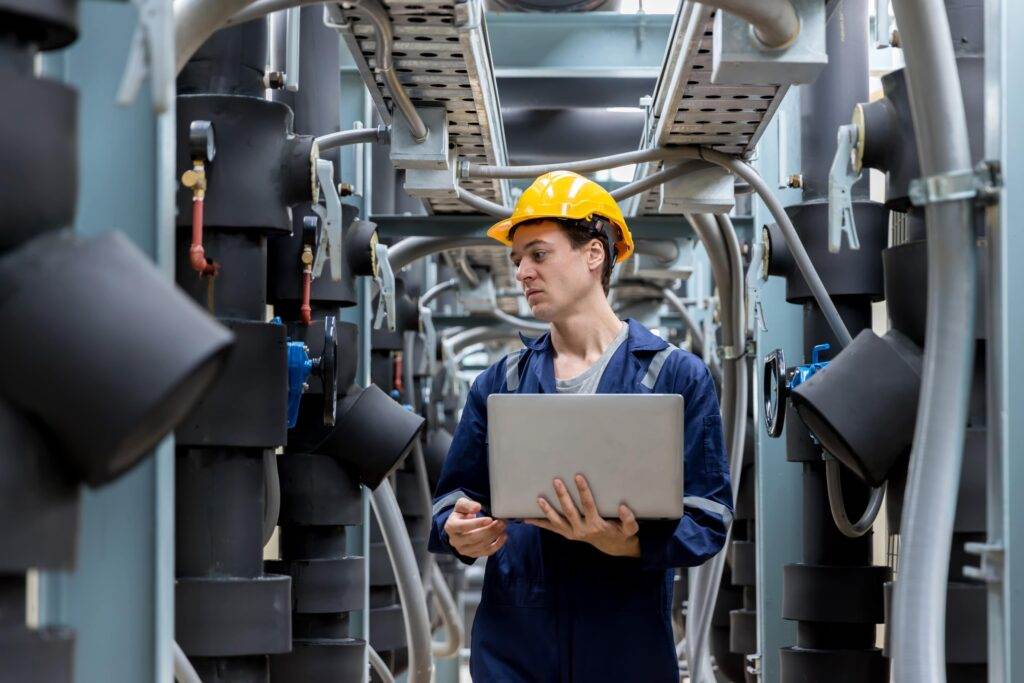
Why Cybersecurity For Power Plant Turbines Is Non-Negotiable
Power plant turbines are not just physical assets; they are integrated deeply with digital control systems that manage every aspect of their operation. These include, but are not limited to, Supervisory Control And Data Acquisition (SCADA) systems, Industrial Control Systems (ICS), and Distributed Control Systems (DCS). These systems are interconnected through networks that, if unprotected, could serve as conduits for cyber intrusions.
The cyber threat landscape is vast and constantly evolving. Threat actors have moved from opportunistic attacks to highly sophisticated campaigns targeting specific sectors, including energy. Cyber intrusions can result in operational disruptions, financial loss, damage to equipment, and, most critically, threats to human safety. The motivations behind these attacks vary from financial gain to geopolitical advantage.
Attack vectors include:
- Ransomware: Locking out operators from critical control systems until a ransom is paid.
- Spear Phishing: Targeted email attacks aimed at stealing credentials to gain network access.
- DDoS: Disruptive floods of internet traffic aimed at overwhelming networked systems.
- Insider Threats: Employees or contractors with access to systems exploiting their privileges for malicious intent.
In collaboration with industry-leading cybersecurity practitioners and developers, AP4 ensures that your power plant turbines are not just mechanical assets but fortresses against cyber threats. Beyond deploying cutting-edge technologies like the Kloch encryption system, we believe in the power of collaboration—sharing insights, threats, and defenses within the community to stay several steps ahead of malicious actors.
AP4’s Robust Cybersecurity Measures
Securing your power plant turbine against cyber threats is crucial, and AP4 offers comprehensive solutions to protect your critical infrastructure. AP4 stands out in the following ways:
The AP4 Group offers a full-service cybersecurity partnership designed to transform and strengthen your security posture. Our team of problem solvers and industry veterans applies real-world experience to counter complex security challenges. With world-class partners, we are vendor agnostic, delivering tailor-made solutions that emphasize reliability and resilience.
Our focus extends to meeting and often exceeding regulatory compliance. From NERC-CIP to CMMC, our team navigates through the latest requirements to shield your operations from unsanitary intrusions.
The Kloch Advantage
At the forefront of our defenses is the Kloch cybersecurity system—an innovative tour de force in cybersecurity. Kloch implements a patented Variable Word Length encryption, which operates at the binary level. With over 10^512 possible states, this method is more dynamic than traditional encryption and is also considered quantum-proof—ready for tomorrow’s threats.
Patented System that Thinks Beyond AES-242
Kloch’s system is a leap ahead, not relying on key generation data transmission and avoiding synchronization limitations. It’s a game-changer for critical industries where security can never be compromised.
Real-Time Protection Without Bottlenecks
Security shouldn’t impede performance. Thus, Kloch’s technology ensures networking and encryption in under 0.007 milliseconds. Your systems operate at peak efficiency without risking bottlenecks due to security procedures.
The Versatility And Resilience For Critical Infrastructure
Designed to be compatible with any OS, device, and network, Kloch’s technology is unrivaled in its versatility, making it an ideal solution for critical infrastructure, including:
- Electric and Nuclear Power Plants
- Oil and Gas Facilities
- Aviation Infrastructure
Don’t wait for a breach before strengthening your defenses. Discover how the AP4 Group can safeguard your turbines and wider power generation infrastructure. Request a demo and see how our cybersecurity solutions can protect your assets against evolving digital threats.
The AP4 Group LLC is committed to excellence in protecting the critical infrastructure of your power generation needs. Connect with us today; together, let’s power a safer tomorrow.
